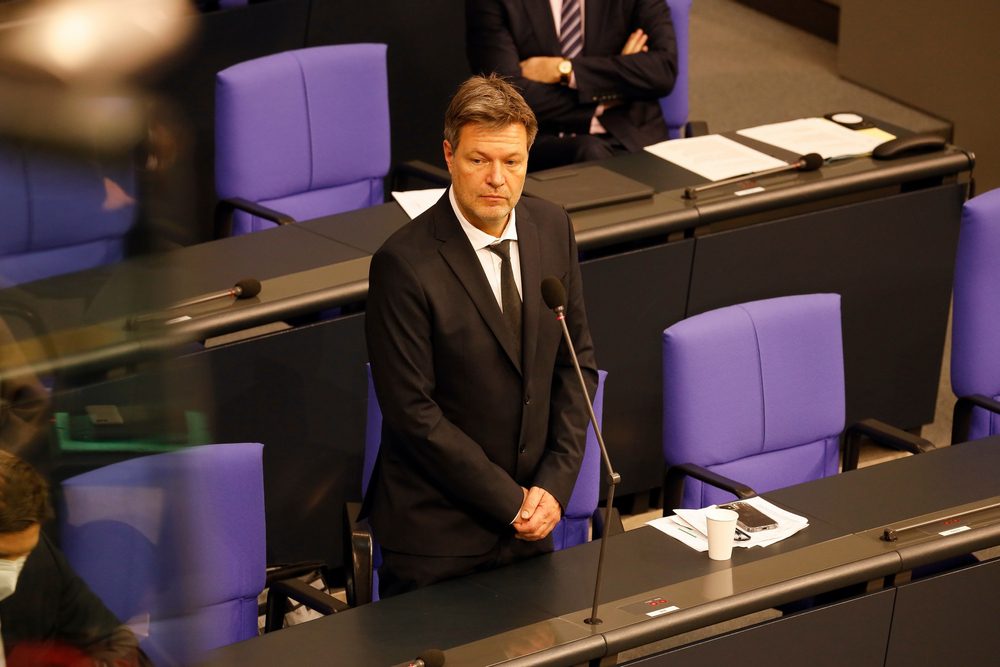
Robert Habeck, German Federal Minister of Economics
German politicians are increasingly having second thoughts about government policies to phase out gas boilers starting next year as the pro-business FDP united with opposition groups—the CDU and the AfD—to lobby against the new measures.
German lawmakers rushed to pass anti-boiler legislation in the aftermath of the Russian invasion of Ukraine, in March 2022, mandating that all new heaters comply with a regulation to be 65% renewable as of 2024.
Effectively banning most current models of gas boilers, this dovetails with an overarching 2029 EU gas boiler ban. Authorities want to wean German consumers off gas-guzzling boilers in favour of electric-powered heat pumps as the country’s supply of gas from Russia looks increasingly in doubt due to sanctions.
The German gov't wants to replace residential gas boilers with heat pumps. Heat pumps are expensive, there aren't enough tradesmen to install them, and there may not be enough electricity to run them. More GREEN MADNESS in GERMANY.https://t.co/TfSbi0m3pQ
— Steve Hanke (@steve_hanke) June 1, 2023
According to government statistics, however, uptake in electric pumps has so far been poor with only 236,000 installed last year compared to 600,000 gas boilers. The Guardian reported on a concerted lobbying campaign by the European gas industry and other special interest groups to stall or water down the gas boiler ban, while Germany is accused of allowing green dogma to drive their economy off a cliff.
The German Ministry of Economics expressed their opinion, earlier this week, that the ban may be a step too far, given that the initiative was mainly the handiwork of Green Party Vice Chancellor Robert Habeck, who is currently in the hot seat for his links to a worsening nepotism scandal involving members of his family and Germany’s powerful green think tanks.
Berlin’s ruling traffic light coalition has been at odds over the pace of the green transition despite attempts to secure amendments to the legislation that would give some wriggle room to synthetic fuel powered boilers. Some media outlets, based on numbers from the German Statistics Office, announced last month that the German economy had entered a recession (read here why it may not actually be in recession). Many industry insiders are now saying that Green Party involvement in government was a major reason for the German economy losing its shine.
The boiler dispute parallels similar efforts by Germany to partially resist a ban on the sale of new fossil-fuel-powered combustion engines. Earlier this year, Berlin successfully pushed for the inclusion of synthetic fuel amendments to soften the blow on its auto industry. The past few months have seen a weakening of the EU green consensus, as German FDP politicians have joined with the national governments of Italy and Eastern European states in calling for a slowdown if not a complete cessation of the green transition.
Politico describes an internal effort within the CDU-linked EPP Party to scale back the boiler ban. The way Europeans heat their homes is changing drastically with the passing of the Energy Performance of Buildings Directive in the European Parliament last March, which critics say poses an existential risk to consumers in Europe by making some green technology mandatory in the construction of new homes while stipulating that older buildings should be renovated.
